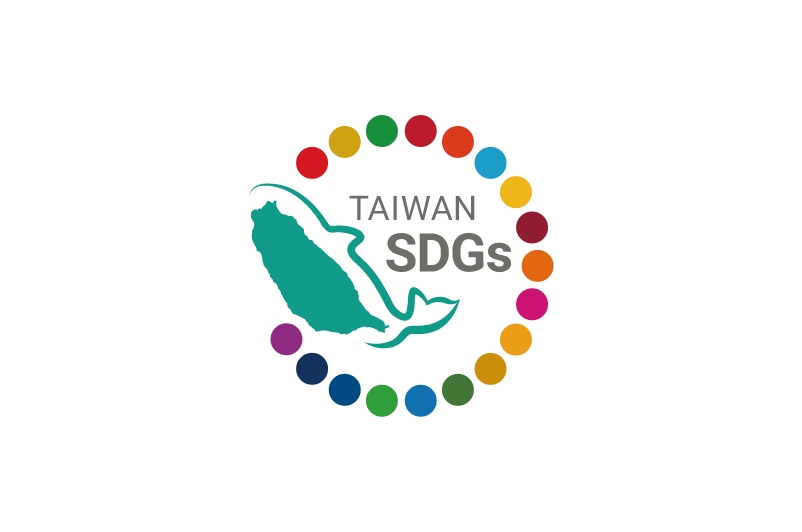
On February 15, the Executive Yuan discussed and passed the draft amendments to certain articles of the Indigenous Peoples Employment Rights Protection Act, which will be submitted to the Legislative Yuan for deliberation. This move aims to implement President Tsai's policy advocacy of "ensuring tens of thousands of job opportunities" for indigenous peoples and to respond to the interpretation intentions of Judicial Yuan's Constitutional Interpretation No. 810, seeking a balance between safeguarding indigenous peoples employment rights and legal constitutionality.
When the Act was enacted and implemented in 2001, the unemployment rate among indigenous peoples was 14.86%, compared to the overall population's unemployment rate of 4.57%, a difference of 10.29%. By 2022, the indigenous unemployment rate had decreased to 3.82%, only 0.15% higher than the overall population's unemployment rate of 3.67%, demonstrating that the government's promotion of indigenous peoples' employment counseling policies under the Act has been effective. However, the average monthly income of indigenous peoples is still nearly NT$10,000 lower than that of the overall population, and the percentage of low-income households and the rate of engagement in non-typical employment are also higher, indicating that there is still room for improvement in the overall structural socioeconomic inequality and unfavorable employment situation of indigenous peoples.
The key points of the draft amendments to certain articles of the Act are as follows: (1) In public sectors, the employment of indigenous peoples is currently limited to "five categories of personnel, including contract employees," and the amendment aims to remove restrictions on specific job categories; the principle of the employment rate of indigenous peoples in public sectors located in indigenous areas should not be lower than 3%, and Hualien County, Taitung County, and 55 indigenous townships shall employ indigenous peoples based on the population ratio of their respective areas. (2) Contractors who win bids must pay a certain percentage of the cash payment amount exceeding the government's procurement bid amount, which has caused cases of apparent over-stringency, thus a relief mechanism will be established. (3) If public sectors have difficulty in meeting the statutory employment ratio of indigenous peoples due to employment challenges, they may be exempt from paying the cash payment, subject to specified regulations; a three-year transitional period will be implemented along with certain amendments to ensure the practical and feasible enforcement of the law.
Since 2017, the Council of Indigenous Peoples has convened multiple expert and scholar consultation meetings and interdepartmental discussions, extensively collecting opinions from all sectors and thoroughly reviewing draft amendments to improve the existing legislative measures. The passage of amendments to the Act will effectively promote employment opportunities for indigenous peoples. Subsequently, active coordination and communication will be carried out with the ruling and opposition parties in the Legislative Yuan to complete the legislative process as soon as possible and achieve the goal of safeguarding indigenous peoples' employment rights and economic livelihood.
Sources: Council of Indigenous Peoples
